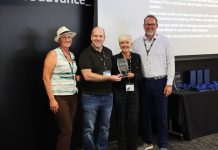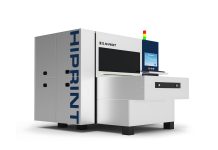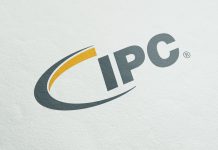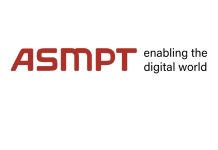IPC alerted members about the U.S. Environmental Protection Agency’s (EPA) final risk management rules to reduce exposure to five persistent, bioaccumulative, and toxic chemicals (PBTs). The alert calls attention to the rules, which went into effect February 5, 2021, and to one of the five PBTs with a history of use in electronics: phenol, isopropylated, phosphate (3:1) (known as PIP (3:1)).
The final rule for PIP (3:1) prohibits the processing and distribution of this chemical substance and products containing this chemical substance as of March 8, 2021. There are some exceptions to the prohibition, for example, for new and replacement parts for automotive and aerospace industries, however, there are no electronics industry exceptions.
As a chemical that can perform several functions simultaneously, sometimes under extreme conditions, PIP (3:1) has several distinctive applications: It is used as a plasticizer; a flame retardant; an anti-wear additive; or an anti-compressibility additive in hydraulic fluid, lubricating oils, lubricants and greases, various industrial coatings, and in adhesives and sealants. PIP (3:1) is also used in plastic-containing materials that are used to form tubes, harnesses, cables, sleeves, gaskets, and covers of parts – parts that are used in electrical or electronic products.
IPC seeks out member input on the EPA final rule, requesting information on how the final rule may adversely affect supply chains for electronics manufacturers. To provide input, contact Kelly Scanlon, EHS policy and research director, at KellyScanlon@ipc.org. To view news on EPA’s final PIP (3:1) ruling and other advocacy and EHS-related information, visit www.ipc.org/ipc-advocacy.
About IPC
IPC (www.IPC.org) is a global industry association based in Bannockburn, Ill., dedicated to the competitive excellence and financial success of its nearly 3,000-member company sites which represent all facets of the electronics industry, including design, printed board manufacturing, electronics assembly and test. As a member-driven organization and leading source for industry standards, training, industry intelligence and public policy advocacy, IPC supports programs to meet the needs of an estimated $2 trillion global electronics industry. IPC maintains additional offices in Washington, D.C.; Atlanta, Ga.; Miami, Fla.; Brussels, Belgium; Bangalore and New Delhi, India; Bangkok, Thailand; and Qingdao, Shanghai, Shenzhen, Chengdu, Suzhou and Beijing, China.










